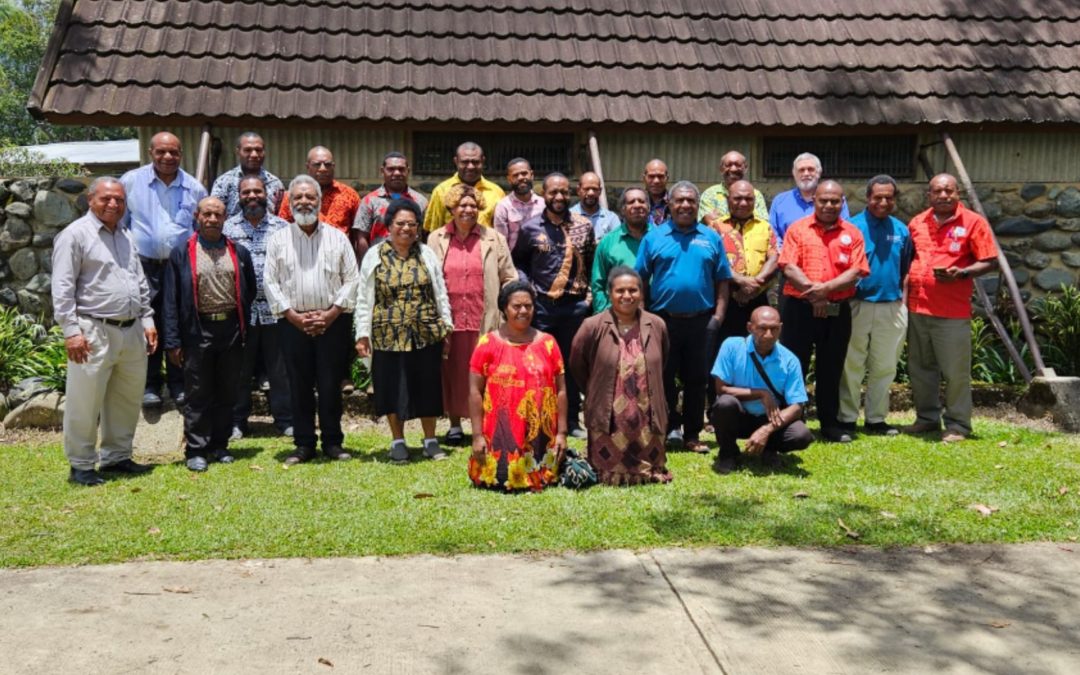
Jesus and the Church: Reflections from the Global Theology Conference 2018
Taking up the Cross as a Means of Grace
Dr. David B. McEwan is the Academic Dean of Nazarene Theological College, Brisbane.
Wesleyan churches regard the means of grace as very important for spiritual formation. They are defined as the ordinary channels through which God might impart grace to us. They are a set of practices that enable us to experience the transformative power of God’s love by fostering a searching self-examination and daily reflection on our attitudes and motivations. One such means of grace is doing as Jesus commanded and taking up our cross (Matt. 10:38; 16:24; Mk. 8:34; Lk. 9:23). Many Christians in every age have believed that real spiritual progress can only be made through pain and suffering, thinking these are essential to cleanse us from our sinful attachment to the things of this world. The command to take up the cross is then seen in that light. The Bible reminds us that Christ died for our sin, and not to be a model of pain and suffering as the route to holiness. John Wesley’s reading of the texts focuses on the Jesus’s motive for the act (loving service on behalf of others) and not the physical crucifixion itself.
It is this motive that lies behind the biblical command to take up our cross daily and follow Jesus as a vital part of our discipleship. We “bear our cross” when, without our personal choice, we lovingly endure whatever happens to us; we “take up our cross” when we voluntarily suffer what is in our power to avoid. Self-denial is refusing to follow our own desires, no matter how pleasant or agreeable they may seem to us, if they do not spring from, and lead to, God. The failure of self-denial is shown by such things as clinging to our favourite sins and not actively pursuing holiness. Taking up the cross is more intense than self-denial, as it is not simply foregoing pleasure but being willing to endure, if necessary, suffering and pain for the sake of the neighbour. However, it is not suffering as such, but a freely chosen action for the benefit it brings to others. It might not actually involve any pain or suffering, just our time, energy and being inconvenienced.
It is important to note that it is our choice to embrace the cross and we do so only for love of God and neighbour. It is very easy to say you love someone who is at a distance; the real test is what happens when you meet face-to-face, and we have to deal with our prejudices and dislikes. Taking up your cross could be as simple as having an uncomfortable conversation with a fellow Christian, helping a disagreeable workmate, or being willing to move from a dearly loved ministry to one that is difficult. There will be many occasions when we don’t ‘feel’ like helping another, or when we don’t emotionally connect with a person, but we are still to feed the hungry, give water to the thirsty, clothe the naked, visit the sick and imprisoned for love’s sake alone. This is “taking up our cross.”







